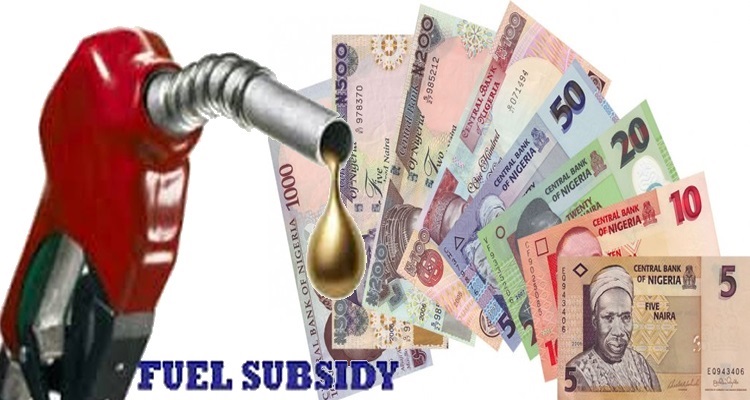The federal government has said it stopped subsidising petroleum products because it was unrealistic to continue.
Minister of State for Petroleum, Timipre Sylva, in a statement he personally signed on Wednesday in Abuja, said the government had to make the clarification in view of recent comments and innuendos in the media.
- We no longer fix price of petrol — PPPRA
- FG increases fuel price to N143.8/litre
- Nigerians kick as FG hikes fuel price to N143.8/litre
Most Nigerians are crying out following the increase in pump price of petrol last week to N143 per litre despite the hardship caused by the coronavirus pandemic in the country.
But Sylva explained that, after a thorough examination of the economics of subsidising PMS for domestic consumption, the federal government concluded that it was unrealistic to continue with the policy which cost trillions of Naira every year.
The Minister also said the subsidy was benefiting, in large part, the rich rather than the poor and ordinary Nigerians.
FG’s alternative
The former Bayelsa State governor, however, said the government was mindful of the likely impact an higher PMS prices would have on Nigerians.
He added that the ministry would roll out an auto-gas scheme, which will provide Nigerians with alternative sources of fuel and at a lower cost.
According to the minister, deregulation means that the government will no longer continue to be the main supplier of petroleum products.
He however said the policy will encourage private sector to takeover the role of supplier of petroleum roducts.
“This means also that market forces will, henceforth, determine the prices at the pump.
What next?
The minister said, going forward, the federal government will continue to play its traditional role of regulation in line with global best practices, “to ensure that this strategic commodity is not priced arbitrarily by private sector suppliers.
“Petroleum products are refined from Crude Oil.
“Therefore, the price of crude (the feedstock) for the refining process will affect the price of the refined product.
“When crude oil prices were down, government, through its regulatory functions, ensured that the benefits of lower crude oil prices were enjoyed by Nigerians by ensuring that PMS was lowered.
“At that time, we indicated that increase in crude oil prices will also reflect at the pump.
“This is a necessary action taken by a responsible government in the overall interest of Nigerians.”
Attracting investments
The minister noted that one of the reasons the country had been unable to attract the level of investments desired into the refining sector was the burden of fuel subsidy.
He said: “We need to free up that investment space so that what happened in the banking sector, aviation sector and other sectors can happen in the midstream and downstream oil sector.
“We can no longer avoid the inevitable and expect the impossible to continue.
“There was no time government promised to reduce pump price and keep it permanently low.
“Let us, therefore, ignore the antics of unscrupulous middlemen, who would want status quo ante to remain at the expense of the generality of Nigerians.
“In addition to attracting investments and creating jobs and opportunities, this very important policy direction will free up trillions of naira to develop infrastructure instead of enriching a few.”

 Join Daily Trust WhatsApp Community For Quick Access To News and Happenings Around You.
Join Daily Trust WhatsApp Community For Quick Access To News and Happenings Around You.


